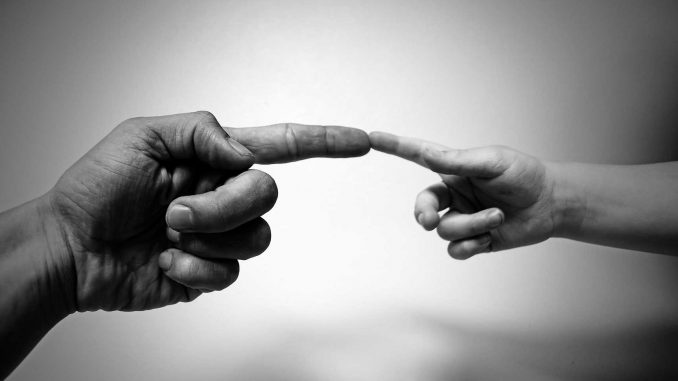
Fasting on Behalf of the Deceased
We know that when a person who dies did not make Salaat, no
one should pray on his behalf, nor should anyone fast on behalf
of a person who could not observe fast. But if an able person
dies before he completes Ramadan, no one need fast on his be-
half, according to the majority of the scholars, but his next of
kin should expiate on his behalf by feeding one person for each
day that was missed.
According to others, if the person dies before completing the
missed days or before he makes up his oath (nadhir) the fast
becomes mandatory and his or her next of kin most fast to
make and expiate on his behalf. They cited a hadith reported by
many, including Ahmed, Bukhari and Muslim in which the
Messenger of Allah, said as reported by his wife, Aishah (raa):
“He who dies while there is upon him the obligation of
fast, his next of kin (“Wali”), fast on his behalf.”
No fasting is mandatory on the deceased’s family if he dies in
the middle of Ramadan.
In another report by Ibn Abbas (raa), he said:
“A man came to the Messenger of Allah and asked him,
‘Oh Messenger of Allah, my mother passed away and
upon her is the obligation of fast, should I make it up?’
The Prophet (saas) responded: ‘If your mother was in-
debted, would you pay back her debt?’ He said, ‘Yes.’
The Prophet (saas), then said, the debt of Allah is wor-
thy of paying.’ ”
These authenticated citations are evidence that redeeming the
fast, interrupted by death, became mandatory upon the relatives
of the deceased.
